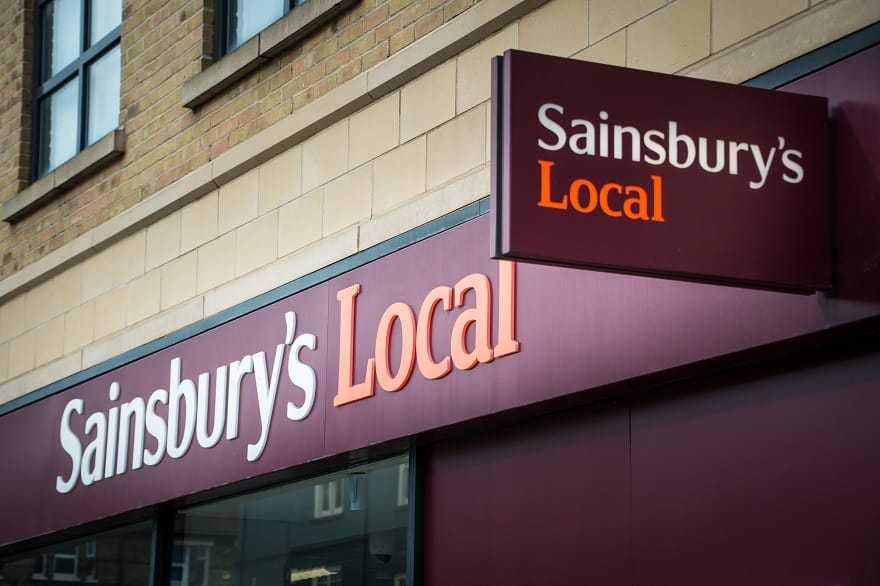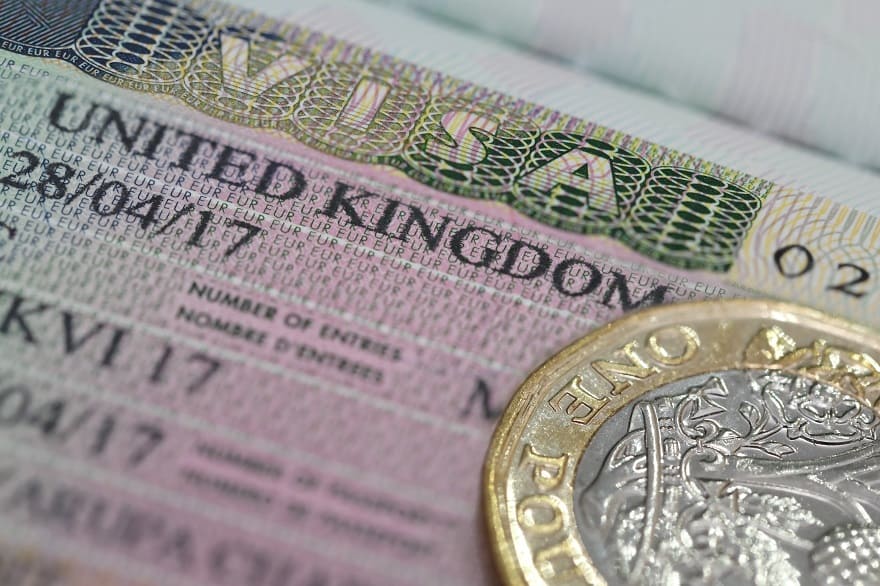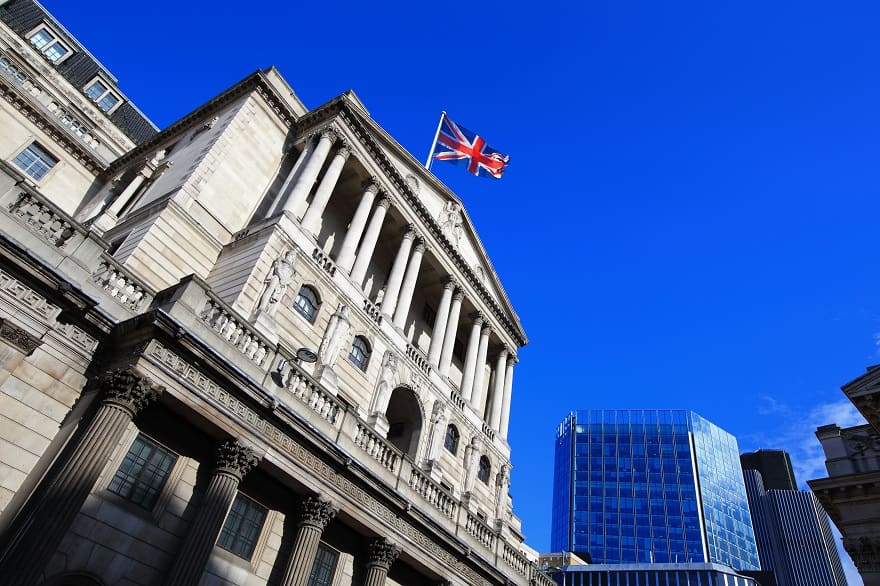Moving to the UK from Dubai in 2021 takes careful planning and attention to details and documentation. We provide everything you need to know before moving from Dubai to the UK. Start your move today by obtaining up to 6 competitive shipping to the UK quotations FREE.
the UK is famed for tulips, windmills and coffee shops. With low crime rates, English is widely spoken and understood and a tolerant, progressive outlook, everything looks very positive, but what are the real challenges people face when they move to the UK?
The key to a successful move to the UK is planning. Taxes are relatively high, there is a housing shortage in certain areas and renting accommodation can be a challenge. Furthermore, the UK is a densely populated country and so congestion is becoming an increasing issue. There are also important decisions to be made on schooling, healthcare and finances. Fortunately, we cover all of this and more in our ultimate moving to the UK guide 2020.
The United Kingdom encompasses the countries of England, Scotland, Wales and Northern Ireland, and although each county is steeped in centuries of history, the UK as it is known today was formed relatively recently, in 1801.
With a total landmass of only 224,000 square km, the relatively large population is fairly dense, especially in the urbanized areas. For a relatively small country, (78th largest sovereign country), the UK has had a striking impact on the world we know today. It is the world's 5th largest economy and its judicial and political systems have been adopted in many countries in part due to the days of the British empire when one-quarter of the world’s landmass was under British rule.
Britain has a long tradition of immigration. In the 1940s, ’50s and ’60s the United Kingdom policy of decolonisation began with many former colonies becoming members of the Commonwealth. During this period the UK government encouraged immigration especially from Commonwealth countries and consequently, the UK became much more of a multi-ethnic society.
Despite the 2008 financial crash, the British economy has remained relatively strong and although the country voted to leave the EU in mid-2016, the future looks positive and foreign workers are expected to continue to relocate to the UK, particularly skilled workers.
Most ex-pats arriving in the UK should find adjusting to life relatively straightforward, especially if moving to major cities such as London, Birmingham or Manchester, which are all very multicultural and have an international feel. There are sizeable Indian, Pakistani, Jamaican, Eastern European and African communities as well as people from other Commonwealth countries.
The British people are generally friendly and welcoming to new arrivals and polite and tolerant in terms of other traditions, cultures and religions.

The climate in the UK is the topic of much debate, some might say to the point of an obsession. The temperate climate is renowned for being changeable. It is not unusual to experience all four seasons in one single day. The chance of rainfall is common pretty much year-round. Summers are warmest in the south-east of the country and milder in the north.
The weather seems to have a real effect on the mood of the public, and the time of the year can greatly affect the social activities of people in the UK.
Daylight hours during the summer increase with the longest day around 21st June (16 hours 40 minutes). Winters are generally milder than parts of North-West Europe, but temperatures regularly drop below zero. During winter months days are much shorter with the shortest day falling around 21st December with only 8 hours of sunlight.
The UK adjusts its clocks (by one hour) twice per year to counter this.
Accessible and high-quality are the two main adjectives that describe the education system in the UK. Children of UK residents can attend public schools for free. Aside from that, the country’s colleges and universities are all regulated by the Quality Assurance Agency for Higher Education (QAA) to make sure that quality benchmarks are constantly met.
One of the few downsides of moving to the UK is the country’s high cost of living. London, specifically, is one of the most expensive cities in the whole world. While accommodation is the primary expenses driver, the cost of everyday life in London can be as costly.
However, compared to New York, living in London is still less expensive. According to Numbeo, you’d need around £4,720 or $6,022 to maintain an $8,200 lifestyle in New York. Aside from these, here are some points you have to consider:
The rental prices in the UK will largely depend on the area and region. In Greater London, for example, the monthly house rental is somewhere between 1,700 GBP to 2,000 GBP. The national average is only at 1,000 GBP.


OF LIVING IN THE UK
When moving to the UK from Dubai, importing Household Goods and Personal Effects, you require
Important note: The manual C3 customs form is no longer valid. As of 31st March, 2018 the owner of the goods must apply for transfer of residence via HMRC website – Please read our article on this for more information.
For a more in-depth look at documentation please check the International Association of Movers.
Helpful Website(s):
Moving to the UK
Transfer of Residence – ToR01
You can under certain conditions. To take advantage of the country’s duty and tax-free import policy, your household goods must be any of the following:
Take note that personal effects, household appliances, clothing, and furniture fall within the ambit of household goods. Alcohol and tobacco products are not included in this category. As such, should you intend to bring these things with you to the UK, you are under obligation to declare the same to customs upon your arrival.
It is also important to note: if you plan to set up a second home in the UK, you’re required to pay VAT.
As mentioned above, now is the post-Brexit transition phase in the UK. This particular event made navigation of the UK visa requirements, costs, and types more complex. If you’re not a Swiss, EEA, or EU citizen, the same guidelines apply.
However, if you’re a national of one of these countries, expect some humps and bumps in your visa application along the way. There’s no need to worry, however. Different government schemes are set up to help anyone who wants to settle in the UK. all you need to is to apprise yourself of the entire visa application process.
The cost of a UK visa application depends on various factors like the type of visa and where the application was launched. The cost of a tier 2 visa application applied outside of the country may cost you a total of 1,585 USD or 1,220 GBP. If applied within the country, you can expect to pay around 915 USD or 705 GBP.
Any UK visa holder is legally authorized to enter, temporarily stay, and permanently reside in the country. This visa can come in two forms -- a stamp on your passport or a document issued by the UK embassy or consulate in your original country of residence.
When a visa is issued in your favour, then it means that you meet all the requirements set for the issuance of such visa type. There are different purposes why people apply for a UK visa and these reasons can be any of the following:
If you are a citizen of the Commonwealth countries, Switzerland, and the European economic area, there’s no need for you to get a visa before entering the UK.

The requirements for visa application largely depends on the type of visa you are applying for. Generally, here are the types of visa to enter the UK:
Another challenge that you have to prepare for as you move to the UK is managing your finances in a foreign country. It’s highly likely for you to still have financial commitments in your home country, hence, it’s highly important that you educate yourself on administering your money in various currencies, moving money in-between countries, tax systems, and more.
In the past, if you're not a resident of the UK, opening a bank account in a UK bank is complicated. Fortunately, the process is way easier these days. Before you choose a specific bank, make sure to verify all of the following:

If you’re a non-resident intending to open a UK bank account, you need to prepare the following:
In the UK you are allowed to earn a certain annual income before income tax kicks in, you then pay tax based on the relevant tax bracket.
So, for example, if you earn £60,000 per annum
The GOV.uk’s tool can help estimate your likely take-home pay.
The UK’s climate is generally temperate. This only means that you should expect its summers to be warm and winters to be cool. It’s rare for the country to experience extreme wind, drought, cold, or heat. However, as you may have heard, the notoriously unpredictable British weather conditions can change erratically.
It's also important to state, the entire UK doesn't have the same climate. London, for example, is characterized by a dry and warm summer climate and a dry and cold winter climate. In the areas found in the north-west mountainous regions of England like Cumbria, you can expect a cooler temperature and more rainfalls all throughout the year.
80%
5
15oC/59oF
8
85%
20oC/68oF
8oC/46oF
2oC/36oF
As mentioned in the earlier part of this article, accommodation cost is the primary expense driver in the UK. Leasing a property here is quite simple. You only need your government-issued ID and of course, money to pay the rent. Short-term rentals are rentals that last less than six months. Those that extend the six-month mark are called medium-term, while those that last for more than a year are called long-term tenancies.
If you intend to stay in the UK for only a couple of years, renting a property is the most feasible choice. However, if you plan to settle here for good, it’s best to buy a house. You’d be happy to know that there are no restrictions for ex-pats who want to buy real estate properties in the UK. If you have been in the UK for two years or longer, and you are gainfully employed, you can also consider getting a mortgage.
Since the 2016 Brexit vote, the UK property market has been facing uncertainties. On the bright side, despite these reservations, the average price for houses within the UK has remained stable at 228,00 GBP. Here are the average house price in selected British cities (Jan 2020):

The NHS or National Health Service was the first organisation in the world to pioneer free state-sponsored healthcare. With the exception of some organisational problems, it is revered in the UK. The vast majority of healthcare is made freely available to members of public, (some sight and dental treatment might be subsidised).
It’s not perfect. There are very dedicated and hard-working people employed in the NHS, but mismanagement from successive governments dating back over the past 25 years have left management and structural problems.
As a result, there can be long waiting lists and many health facilities including hospitals and clinics around the country show signs of neglect highlighting the fact they could have been better funded.
When you move to the UK, it is important to find a good GP (General Practitioner). You can look online, at the local library, in Yellow Pages, or the citizens advice bureau. However, like many things in life you cannot beat a good personal recommendation; so ask friends and colleagues.
You will need to make appointments to see your GP and they will only perform consultations for a limited part of the day, usually mornings. Your GP will handle a broad area of health issues but will be responsible for referring you to a specialist doctor/surgeon/consultant, depending on your medical condition.
If your English is not too strong, then you may well be able to find a GP who is fluent in your native language. The NHS staff has a diverse mixture of nationalities and can cater to virtually any nationality.
The private healthcare in the UK is world-class, with specialists in locations like Harley Street in London offering highly specialised areas of medicine. People who can afford it often choose to go private. Although, increasingly, companies are offering employees private healthcare as part of their remuneration.
Private healthcare is not cheap, it’s a good idea to shop around several healthcare providers and to scrutinise the various terms and conditions before you make your choice.
In many cases, there is little to choose in terms of care and commitment levels between the two, but where you might wait 2-3 months for an important hip replacement operation, for example, with the NHS, you can have the operation in a matter of days, maybe a couple of weeks if you have private healthcare.
The public school system in the UK is free, and in many cases, children are able to attend schools of different ages, based on where they live and is it within the catchment area of the school. Some of the better schools have waiting lists and people will actually relocate in order to qualify.
There are many choices when it comes to schooling in the UK. State schools are free and open to everyone. The school year runs from September to June. Education is compulsory and generally starts around the age of 4 or 5 depending on which country you live within the UK. Pre-school/nursery's and kindergarten are all widely available.
All children attend primary and secondary education after which some may choose to further education (similar to a college in the US) where students study for A level. From there the option of higher education / normally at University provides the options for degree courses such as bachelors, master and PhD.
State schools tend to vary in quality with the best schools in each area generally over subscribed, so planning in this area if possible is highly recommended. As mentioned above it is important to note most schools base admissions on a catchment area and so your proximity to the school is likely to be a factor.
Schools typically run from 8:30am – 4:00pm Monday to Friday.
If for whatever reason, a state school is unsuitable, and private school is the way to go, when you relocate to the UK, you will find yourself spoilt for choice. There are approximately 2,500 independent/private/international schools in the UK, who cover all curricula, faiths, genders, special needs, literally, any requirement you have can be met.
In most cases your child will be asked to sit some form of a placement test, there might be a waiting list and quite possibly an entrance/admin fee which can be considerable at some schools. Then, of course, there are tuition fees. These can range from £5,000 per term to £25,000+ per term - and there are 3 terms.
Assuming your budget can withstand this. The standard of tuition at most of these institutions is second to none. Class sizes tend to be smaller and some schools can virtually guarantee placement at prestigious colleges and universities.
Families with children who move to the UK from an international schooling background may well be familiar with an IB curriculum for example and so there is an excellent chance of matching them with an IB school close by.

Moving to a different country can be daunting, and if you don’t get on top of things it can become quite stressful. Moving to the UK presents its own set of unique challenges, but if you follow the guidelines we have provided, we feel certain you can experience a smooth relocation to the UK.
You can start the ball rolling by completing our simple form, allowing international movers to get started on your quotation, today!
Note: This document is provided as a guide for people moving to the UK and for information purposes only. Customs regulations can and do change at any time, usually without notice. Your mover will provide you with more information.
